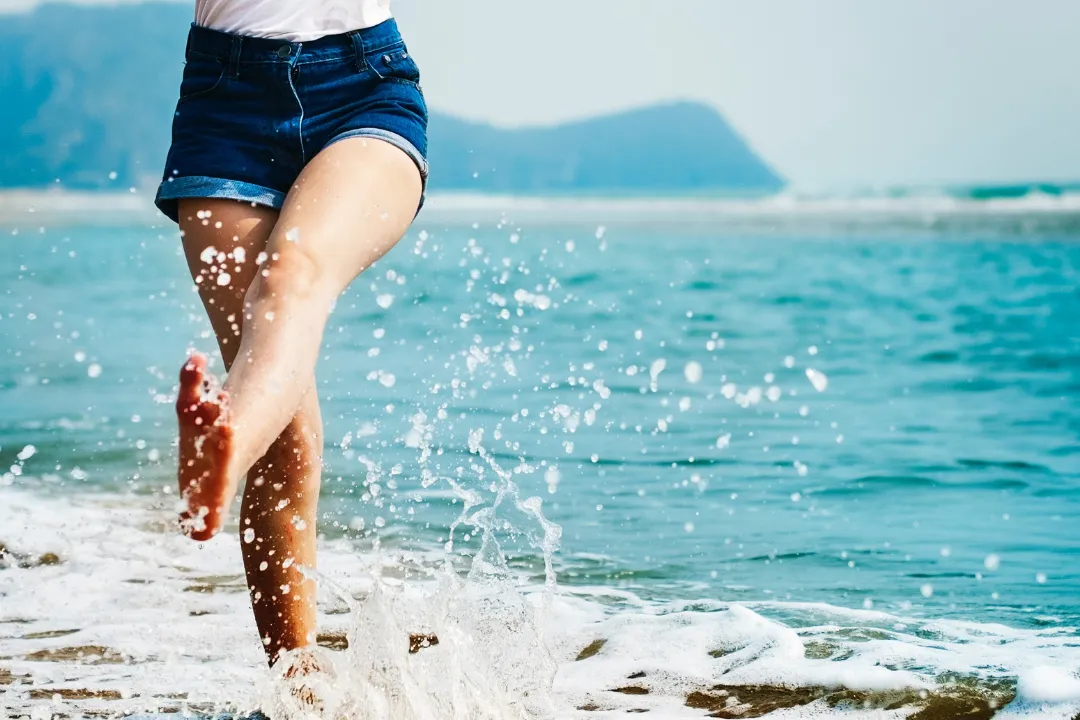



Varicose veins are commonly associated with ageing, but many people begin to experience them as early as their 20s or 30s. These bulging, twisted veins can cause both cosmetic concern and physical discomfort, even in otherwise healthy young adults. In this article, we explore why varicose veins develop at a young age, what symptoms to watch for, and how UK Vein Care can help with modern treatment options.
While age is a risk factor, varicose veins often start much earlier due to hereditary, hormonal, or lifestyle reasons. If you have a family history of venous issues, your risk of developing varicose veins increases significantly—especially if you're female. Factors such as pregnancy, prolonged standing, inactivity, or even certain types of exercise can put excess pressure on leg veins and lead to early vein damage.
As you can read more about in our article on what causes varicose veins, genetics and vein valve weakness are common triggers.
Hereditary weakness in vein walls or valves is one of the most significant causes of varicose veins in young adults. Hormonal fluctuations, particularly in women due to birth control or pregnancy, can further weaken vein structure. Even young people with a healthy weight and active lifestyle can be affected if they carry this genetic predisposition.
In early stages, symptoms may be subtle and easily dismissed as general fatigue or leg strain. Common signs include:
We explain this further in our guide to early stage varicose vein symptoms.
For many young adults, the appearance of varicose veins can have a profound effect on body image and confidence. This is especially true during summer months or social events where bare legs are more visible. Feeling self-conscious can lead to reduced participation in physical activities or avoiding certain clothing altogether.
It’s common for young women to develop varicose veins during or after their first pregnancy. Increased blood volume, hormone changes, and pressure from the growing uterus all contribute to venous insufficiency. While some veins may improve after delivery, many persist and worsen with each subsequent pregnancy.
We cover this in more detail in our article on varicose veins and pregnancy.
If you're a young adult experiencing symptoms or noticing visible veins, don’t wait. Early treatment prevents progression and avoids long-term complications. At UK Vein Care, we offer thorough consultations and advanced scanning technology to create a personalised treatment plan—no referral needed.
Modern treatments are minimally invasive, fast, and highly effective. These include:
All procedures are carried out as walk-in walk-out treatments with little downtime. Learn more about our techniques on our page about varicose vein treatment.
This article is based on research and publications from reputable sources to provide you with the most reliable information. Here are some of the main sources used:
Journal of the American Nutrition Association – A Comprehensive Review on Varicose Veins: Preventive Measures and Different Treatments (Gawas et al.)
https://pubmed.ncbi.nlm.nih.gov/34242131/Journal of the American Nutrition Association – A Comprehensive Review on Varicose Veins: Preventive Measures and Different Treatments (Gawas et al.)
https://pubmed.ncbi.nlm.nih.gov/34242131/Journal of the American Nutrition Association – A Comprehensive Review on Varicose Veins: Preventive Measures and Different Treatments (Gawas et al.)
https://pubmed.ncbi.nlm.nih.gov/34242131/By using these sources, you can be sure that the article is based on current and scientifically reviewed information.

Become varicose vein free: We offer full treatment at a fixed and transparent price regardless of the treatment method. With us, there are no hidden fees.
Learn more about our prices

